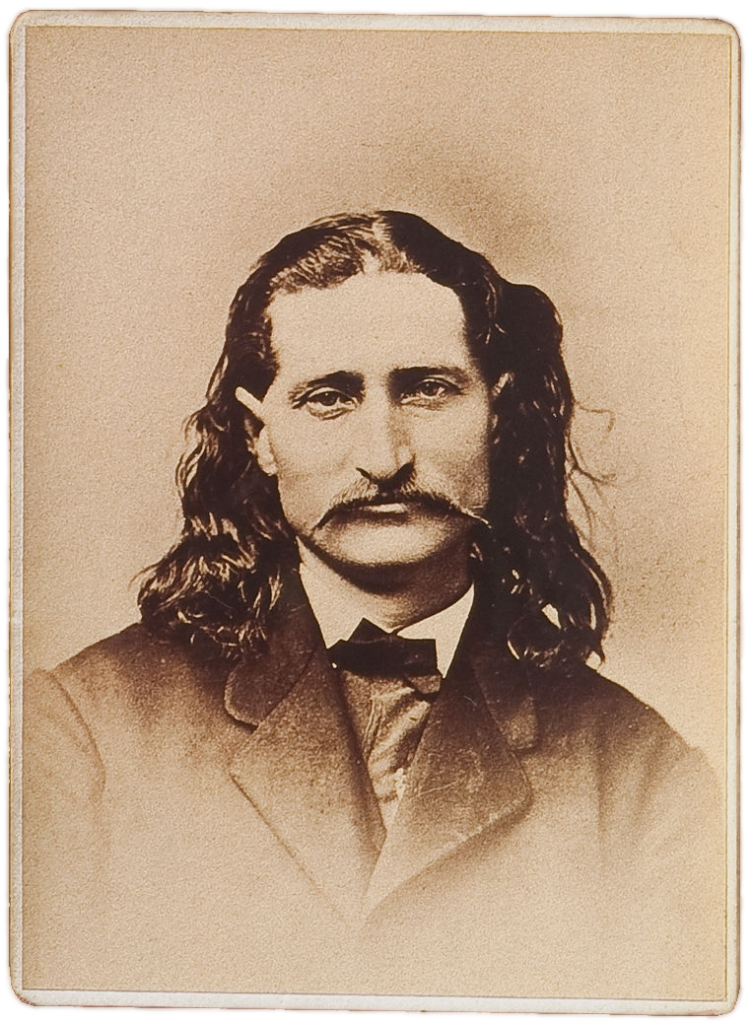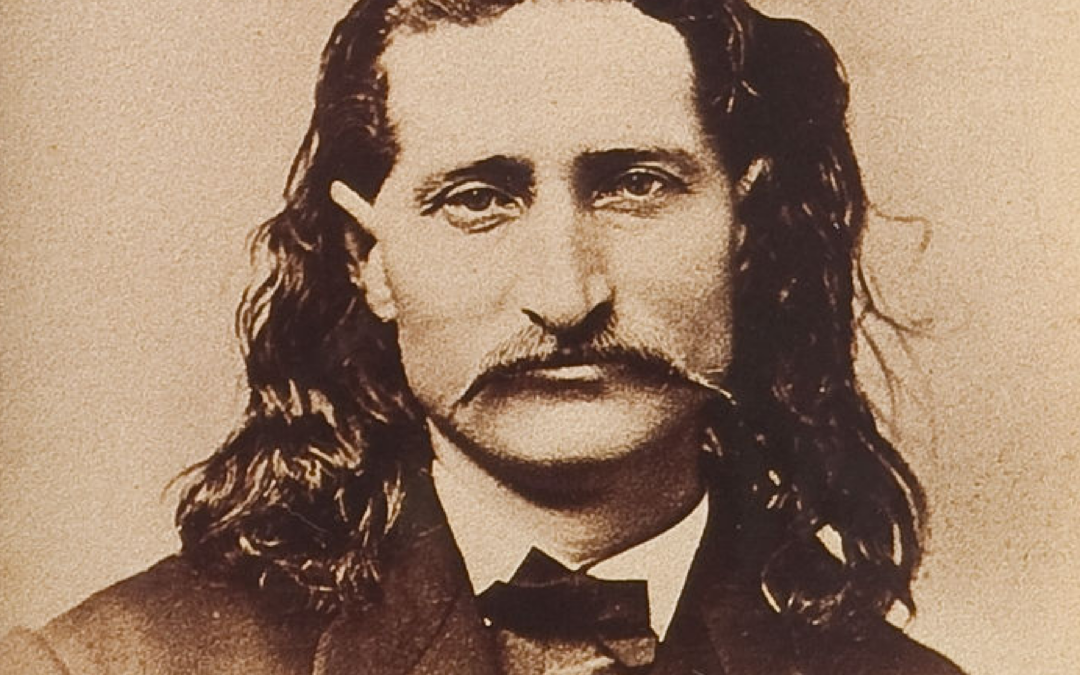
Was Wild Bill Hickok ever a Deputy U.S. Marshal?
Hickok joined the army in April 1861. In 1864 he was working as a policeman for a Capt. Squires in Fayetteville, Arkansas. Next, he was a special policeman for Lt. N.A. Burns, acting provost marshal District of Southwest Missouri at Springfield. So he was with the Union Army. Sometime around July he became a scout for the army headquarters at $5 a day. General John B. Sanborn would later say Hickok was his principal scout a fine detective. He was still scouting for Sanborn in February 1865. He mustered out in June 1865 in Springfield. The following month he had the famous gunfight with Dave Tutt. Several weeks later he met George Ward Nichols and the Hickok legend was born.
Many of the stories he told Nichols were pure fiction, but he seems to have a good reputation as a scout.
In May 1866 he reported to Ft. Riley as a scout. He spent the first seven months of 1867 scouting. In December he appeared in Hays City with Charles Whiting, United States Marshal for Kansas. Some reports say he was recommended for the post in early 1866.
There is a lot of misconception about marshal’s and their deputies. I frequently get questions about Gunsmoke’s Matt Dillon. He’s billed as a U.S. Marshal but in reality, a marshal was a political appointee, didn’t have to be a lawman and spent most of his time behind a desk. It was the deputies who were out in the field, and they weren’t sheriffs of town marshals although a sheriff or town marshal could be deputized as a Deputy U.S. Marshal.
From 1867 to 1869 Hickok was a Deputy United States Marshal at Hays City. He seems to have done a good job dealing with the perps during his tenure. The details can be found in Joseph Rosa’s, They Called Him Wild Bill.






